Barrington, S., Cooper, E.A. & Farid, H. People are poorly equipped to detect AI-powered voice clones. Sci Rep 15, 11,004 (2025). https://doi.org/10.1038/s41598-025-94170-3
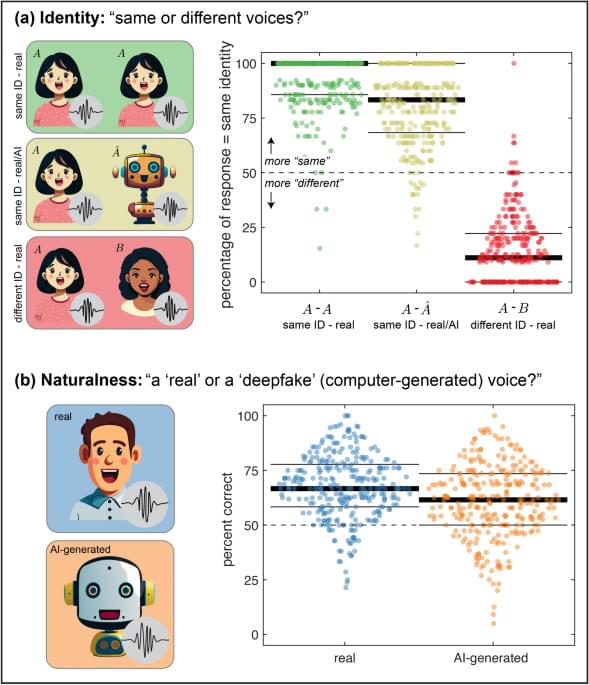

Barrington, S., Cooper, E.A. & Farid, H. People are poorly equipped to detect AI-powered voice clones. Sci Rep 15, 11,004 (2025). https://doi.org/10.1038/s41598-025-94170-3
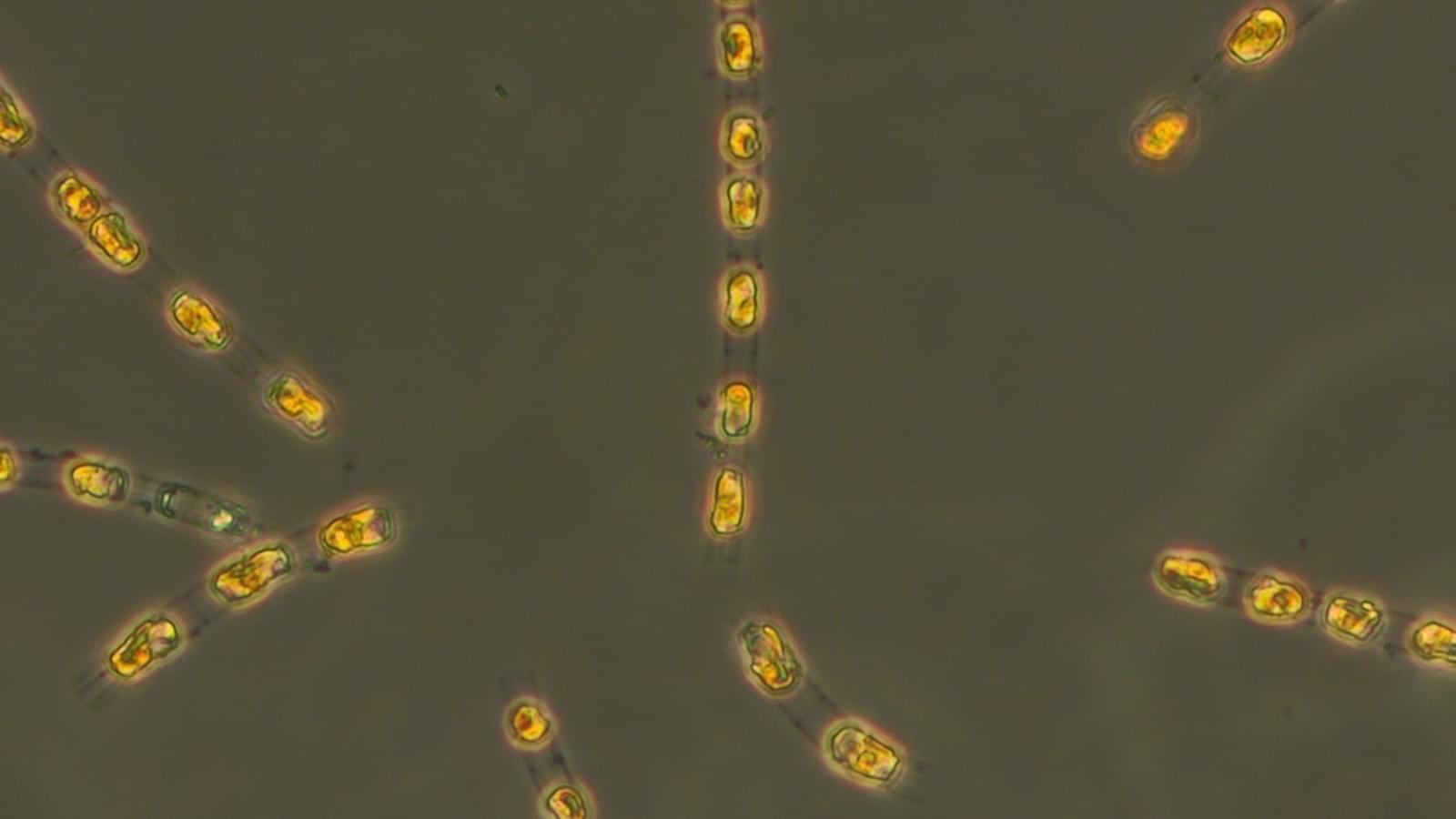
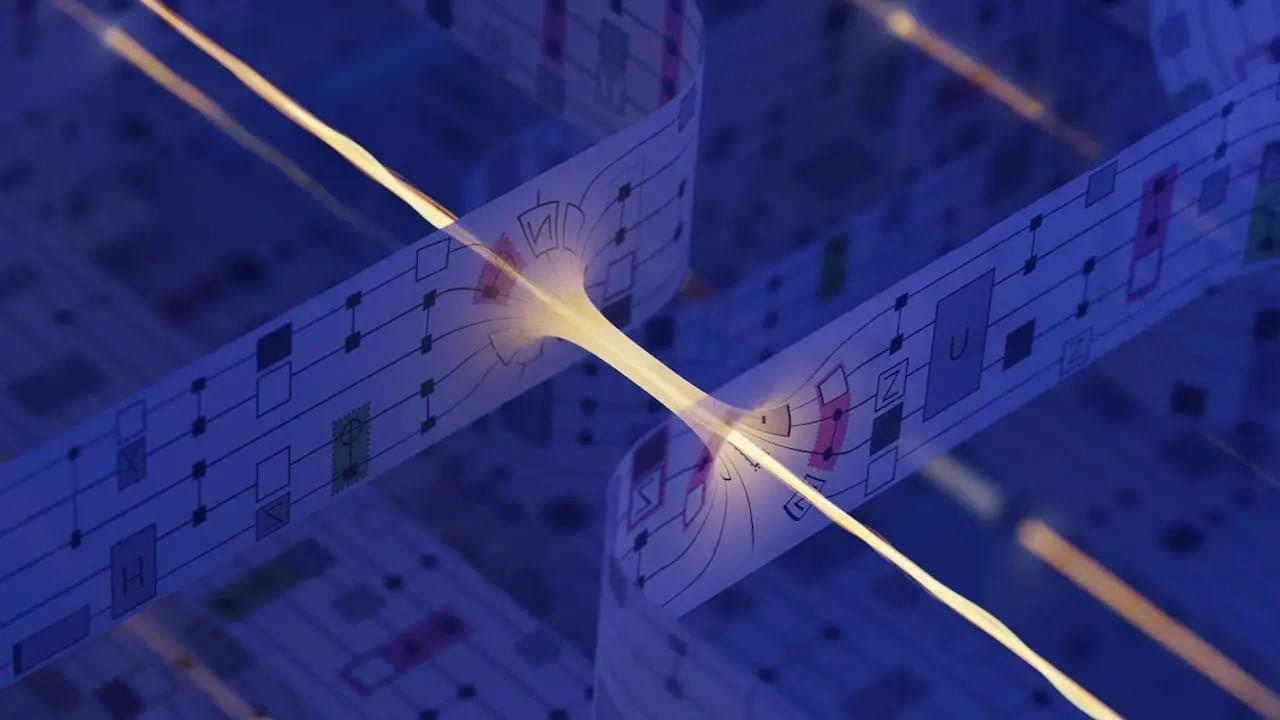
Researchers have announced a groundbreaking experiment that simulated a traversable wormhole using a quantum computer. While no physical rupture in space-time was created, the study offers a significant step toward understanding Einstein-Rosen bridges, theoretical constructs first described by Albert Einstein and Nathan Rosen. Published in the journal Nature, the findings represent a promising avenue for probing quantum gravity experimentally.
A Glimpse of Wormhole Dynamics
The experiment, conducted on Google’s Sycamore quantum processor, involved simulating two minuscule black holes connected by a tunnel-like space-time structure. A quantum message was transmitted between these points, and researchers observed behaviors consistent with wormhole-like dynamics. Study co-author Joseph Lykken, a physicist at Fermilab, remarked, “It looks like a duck, walks like a duck, and quacks like a duck,” indicating the simulation closely mimicked a theoretical wormhole.
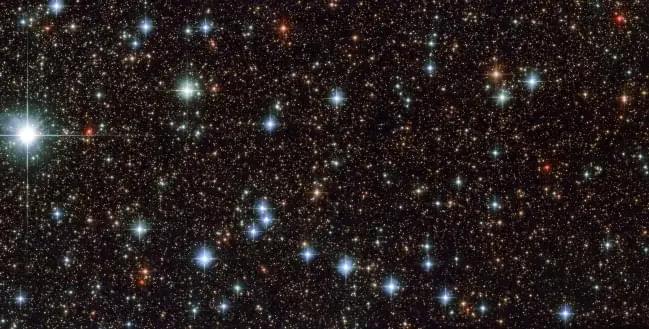
There are an estimated 20 quintillion stars in the observable universe, but sand grains on Earth might outnumber them. Here is some key information for you to watch before deciding to read the whole article. Thanks for visiting us!
Stars vs. Sand: The Numbers Game
The popular saying that there are more stars in the universe than grains of sand on Earth’s beaches, famously popularized by Carl Sagan, has always been difficult to grasp. When you consider the vast number of sand grains on just one beach, let alone the entire planet, it seems impossible that stars could outnumber them. However, despite its popularity, this claim might not hold up under scrutiny. Let’s explore this cosmic comparison using rough estimates.
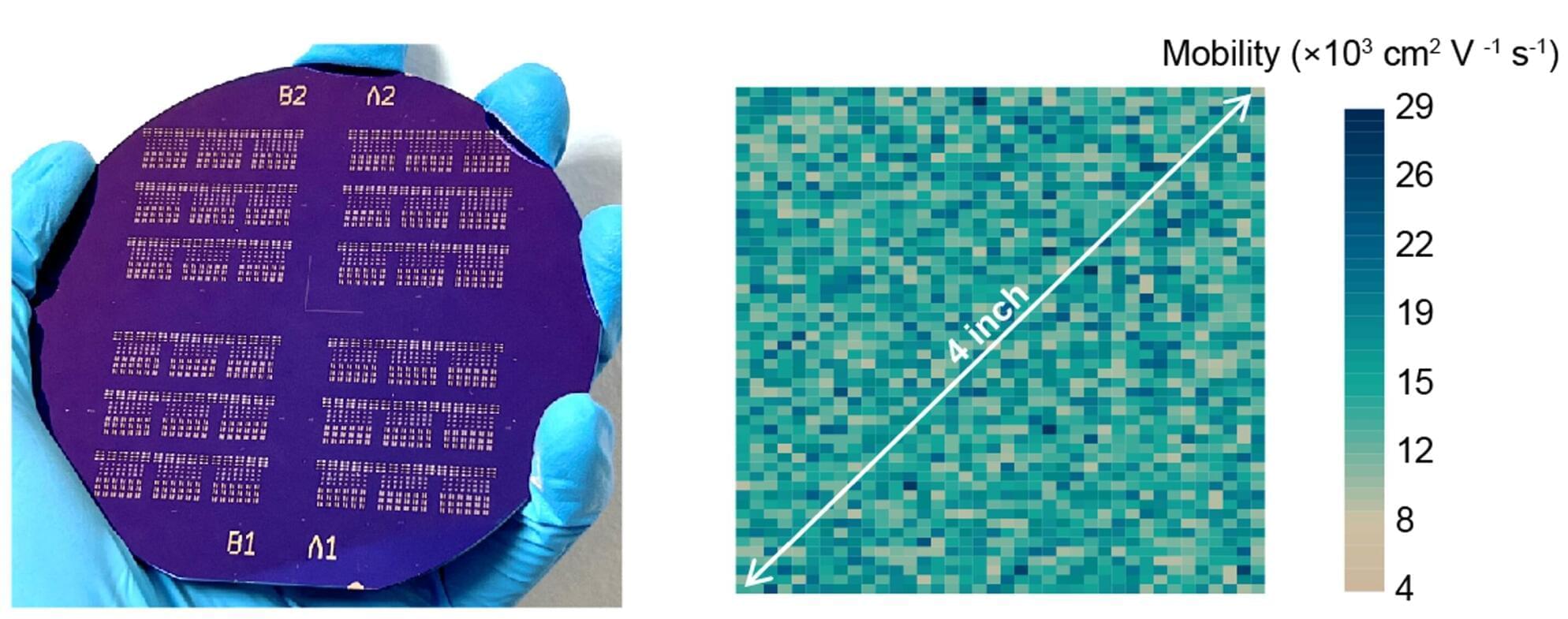
Two-dimensional (2D) semiconductor materials could enable the development of smaller yet highly performing electronic components, thus contributing to the advancement of a variety of devices. While significant strides have been made in the synthesis of 2D semiconductors with advanced electronic properties, their clean transfer onto substrates and reliable integration in real devices has so far proved challenging.
Researchers at Peking University, the Beijing Graphene Institute and other institutes in China have recently developed a new method to integrate 2D semiconductors with dielectric materials, which are insulating materials that help control the flow of electric charge in devices. Their approach, outlined in a paper published in Nature Electronics, entails the epitaxial growth of an ultra-thin dielectric film on a graphene-covered copper surface, which subsequently enables its transfer onto various substrates with minimal defects.
“The paper emerged from recognizing persistent challenges in integrating two-dimensional materials—such as graphene—into microelectronic devices,” Zhongfan Liu, Li Lin, and Yanfeng Zhang, corresponding authors of the paper, told Tech Xplore.

A team of researchers led by a physics graduate student at the University of Massachusetts Amherst made the surprising discovery of what they call a “shape-recovering liquid,” which defies some long-held expectations derived from the laws of thermodynamics.
The research, published in Nature Physics, details a mixture of oil, water and magnetized particles that, when shaken, always quickly separates into what looks like the classically curvaceous lines of a Grecian urn.
“Imagine your favorite Italian salad dressing,” says Thomas Russell, Silvio O. Conte Distinguished Professor of Polymer Science and Engineering at UMass Amherst and one of the paper’s senior authors.
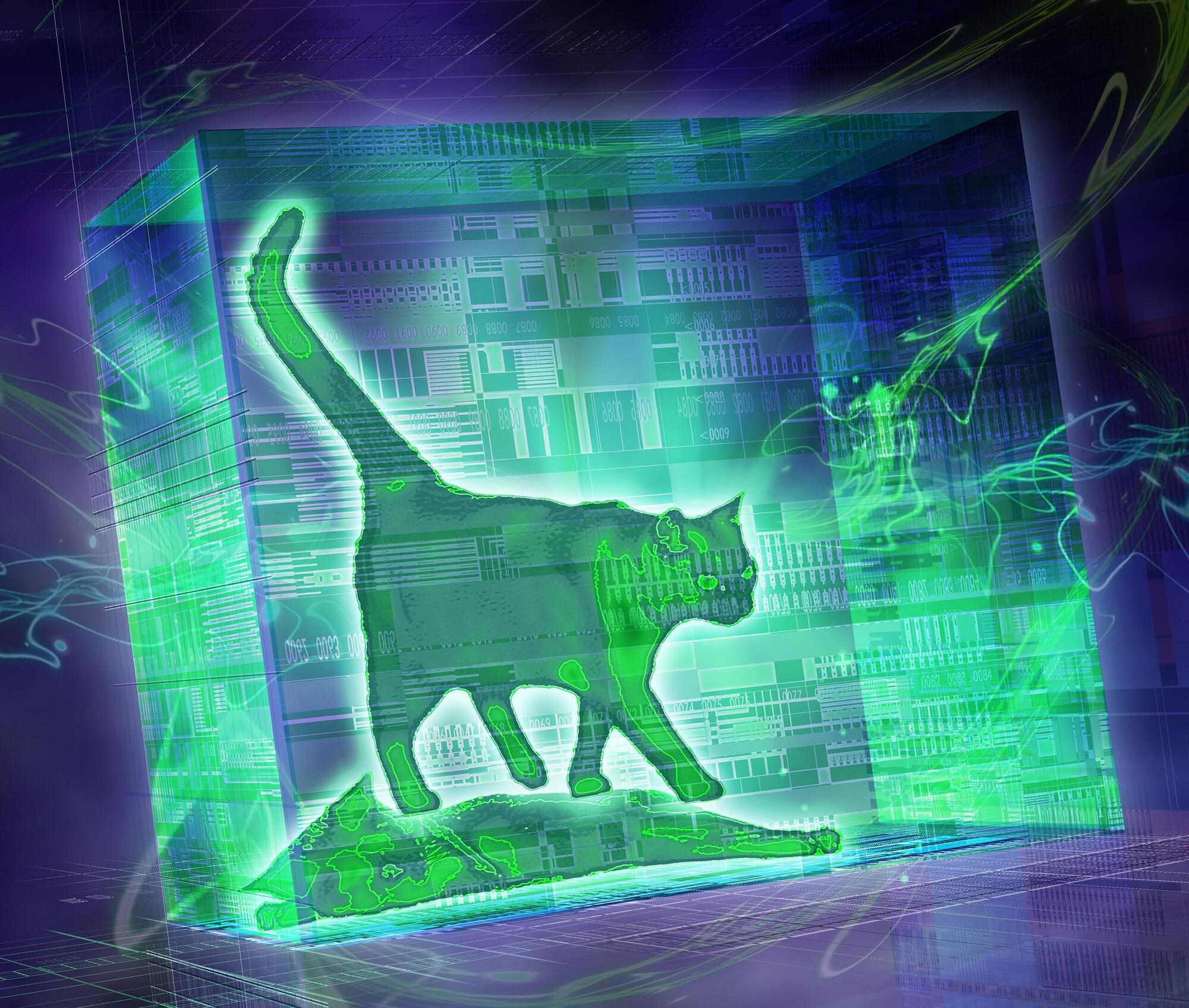
Quantum states can only be prepared and observed under highly controlled conditions. A research team from Innsbruck, Austria, has now succeeded in creating so-called hot Schrödinger cat states in a superconducting microwave resonator. The study, published in Science Advances, shows that quantum phenomena can also be observed and used in less perfect, warmer conditions.
Schrödinger cat states are a fascinating phenomenon in quantum physics in which a quantum object exists simultaneously in two different states. In Erwin Schrödinger’s thought experiment, it is a cat that is alive and dead at the same time.
In real experiments, such simultaneity has been seen in the locations of atoms and molecules and in the oscillations of electromagnetic resonators.

Syngenta Biotechnology China-led research, with partners in the U.S., France, the UK, Chile, the Netherlands, Argentina, and across China, has discovered that sunflowers can form viable haploid seeds through parthenogenesis in the absence of pollination. This discovery opens the possibility of a scalable doubled haploid system in sunflowers, a technique that could reduce the time needed to produce fully inbred lines from six years to ~10 months.
Some animals, including certain birds, reptiles, fish, and crustaceans like Daphnia, can reproduce without fertilization through a process known as facultative parthenogenesis. In these species, females can produce offspring without male involvement. Charles Darwin first documented unusual reproductive patterns in plants, but many aspects of plant reproduction remain poorly understood.
In most flowering plants, seed formation depends on a process called double fertilization. This involves one sperm fertilizing the egg and another fertilizing a separate cell that forms the endosperm, a tissue that nourishes the embryo. Without fertilization, viable seeds rarely develop.

In a new study published in ACM Transactions on the Web, researchers from Queen Mary University of London have unveiled the intricate mechanisms behind one of the most dramatic collapses in the cryptocurrency world: the downfall of the TerraUSD stablecoin and its associated currency, LUNA. Using advanced mathematical techniques and cutting-edge software, the team has identified suspicious trading patterns that suggest a coordinated attack on the ecosystem, leading to a catastrophic loss of $3.5 billion in value virtually overnight.
The study, led by Dr. Richard Clegg and his team, employs temporal multilayer graph analysis—a sophisticated method for examining complex, interconnected systems over time. This approach allowed the researchers to map the relationships between different cryptocurrencies traded on the Ethereum blockchain, revealing how the TerraUSD stablecoin was destabilized by a series of deliberate, large-scale trades.
Stablecoins like TerraUSD are designed to maintain a steady value, typically pegged to a fiat currency like the US dollar. However, in May 2022, TerraUSD and its sister currency, LUNA, experienced a catastrophic collapse. Dr. Clegg’s research sheds light on how this happened, uncovering evidence of a coordinated attack by traders who were betting against the system, a practice known as “shorting.”
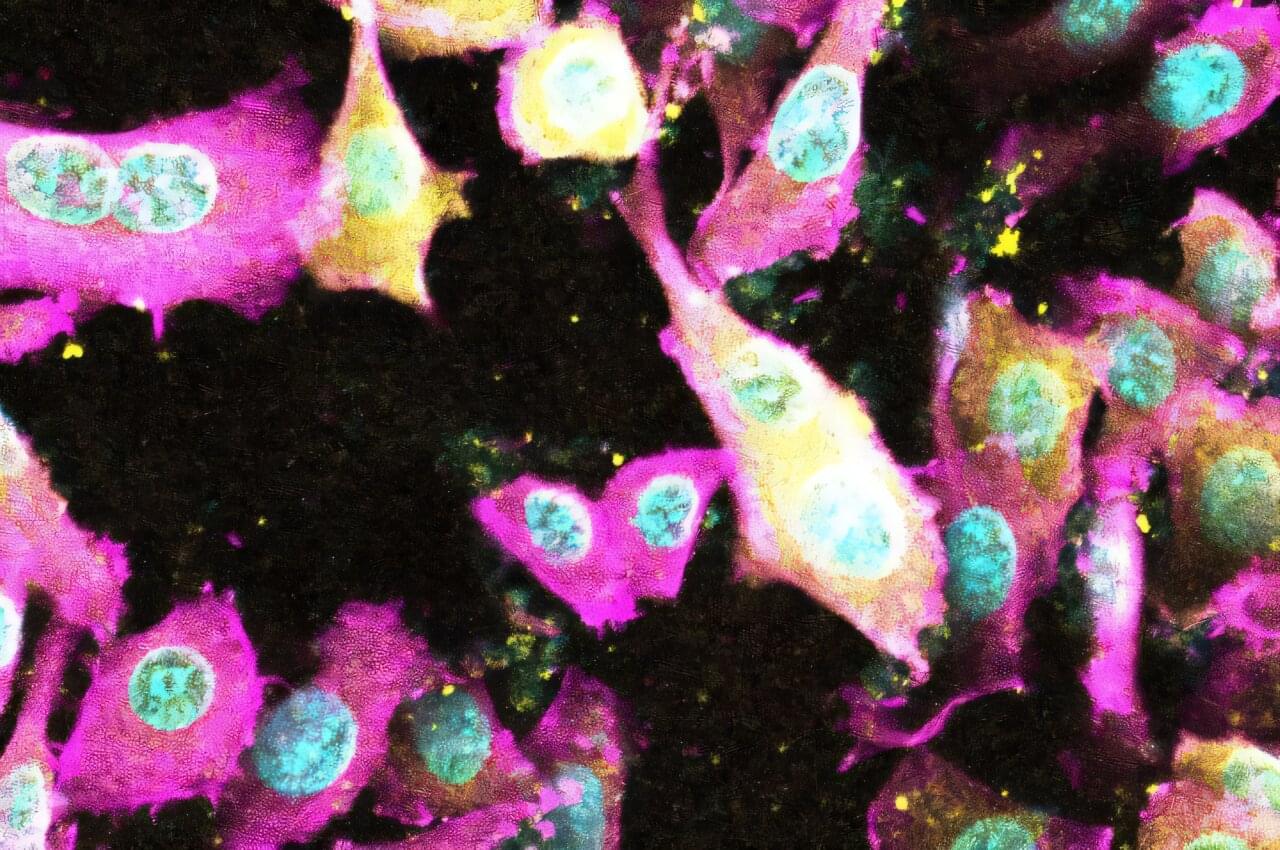
Scientists at La Trobe University have discovered how a diarrhea-causing strain of bacteria uses “molecular scissors” to cut open and destroy gut cells, leading to severe illness and sometimes death.
Published in Gut Microbes, the research reveals for the first time the three-dimensional structure of a toxin secreted by enteropathogenic E. coli (EPEC) bacteria, and shows how the bacteria use the toxin to invade and destroy the epithelial cells that line the gut.
The toxin, which is an enzyme called EspC, destroys the cells by cutting up their internal protein structure.